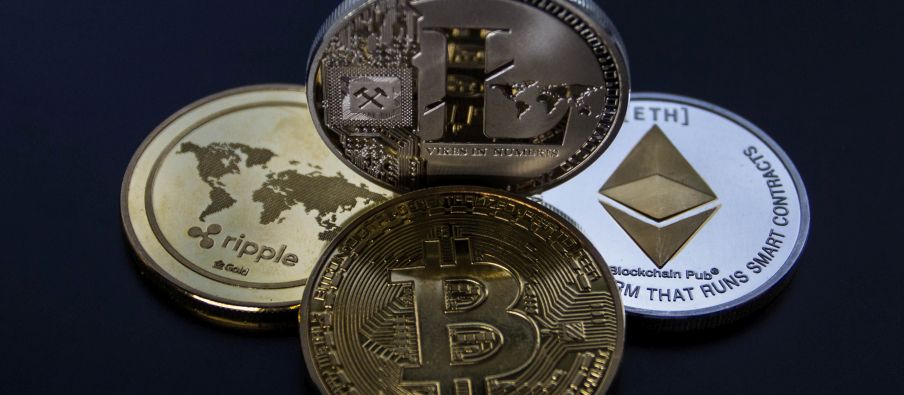Mar
ICO (Initial Coin Offering) Fraud

I will always remember the first day in high school economics class. My teacher pointed out huge letters across the back of the room, TNSTAAFL. She said that it stood for there’s no such thing as a free lunch. Always remember this when contemplating any investment. Over the past couple months, I have been diving into the world of blockchain technology and deeper into the world of cryptocurrencies.
It seems that many people are hearing these stories of investors who bought Bitcoin when it was a couple hundred dollars and have made thousands. The news of Bitcoin peaking over $20,000 this year filled radio, television, and the internet. Now, many are clamoring to try to get in on the ground floor and get a piece of the next Bitcoin leading companies to pop up overnight and initiate an Initial Coin Offering (ICO). There were over 230 ICOs last year and the trend is not slowing down. HitBTC is a leading cryptocurrency exchange and a quick look at their Twitter feed shows that new Coins are being launched every few days.
This trend is leading to an increased frequency of fraud and people losing thousands of dollars. The problem has gotten bad enough that Google is now following Facebook’s lead and announced that they are banning all advertisements for cryptocurrency and ICOs. As mentioned in my blog last week, the SEC is now stepping in to regulate the exchanges where these currencies are traded. Many securities lawyers are seeing these offerings as having the same characteristics of Oil and Gas or Real Estate investment fraud. While there are some companies out there providing legitimate investments in these new coins, the risk seems to be particularly high. If you are considering investing in a new coin, it would be a good idea to consult a securities attorney to review the company you are considering investing in.
UPDATE: A day after the original posting of this blog, the news broke that Twitter will be following Facebook and Google. This will likely be a huge hit to the cryptocurrency markets. While Google and Facebook are the two largest advertising platforms on the internet, Twitter is an extremely active source for blockchain and cyrptocurrency information. Snapchat is catching this advertising ban train as well. Snapchat’s ban will likely have less effect on the market than the actions of other platforms.
We focus on is investment fraud. I have had investors reach out to me in the past couple weeks believing that they were defrauded in an ICO. Fraud can be hard to spot with these companies and the lack of regulation has not helped. We are currently working with investors to resolve their disputes. If you feel that your investment was obtained by fraud, please contact our office to see if we can help you too. As always, our consultation on these matters are free and can be set up via phone or through this website here.
